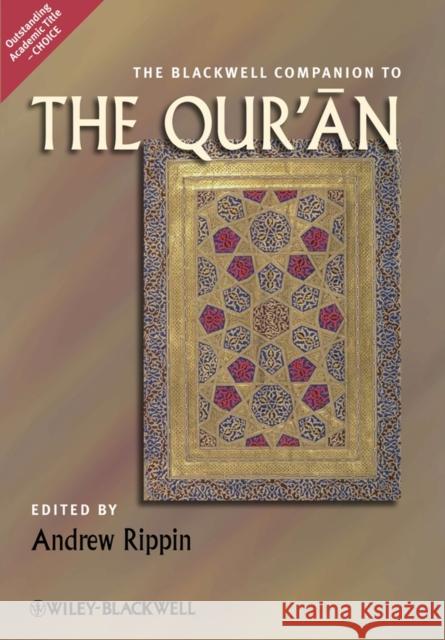Companion to the Qur an » książka
topmenu
Companion to the Qur an
ISBN-13: 9781405188203 / Angielski / Miękka / 2008 / 576 str.
The Blackwell Companion to the Qur'an is a reader's guide, a true companion for anyone who wishes to read and understand the Qur'an as a text and as a vital piece of Muslim life.
- Comprises over 30 original essays by leading scholars
- Provides exceptionally broad coverage - considering the structure, content and rhetoric of the Qur'an; how Muslims have interpreted the text and how they interact with it; and the Qur'an's place in Islam
- Features notes, an extensive bibliography, indexes of names, Qur'an citations, topics, and technical terms











